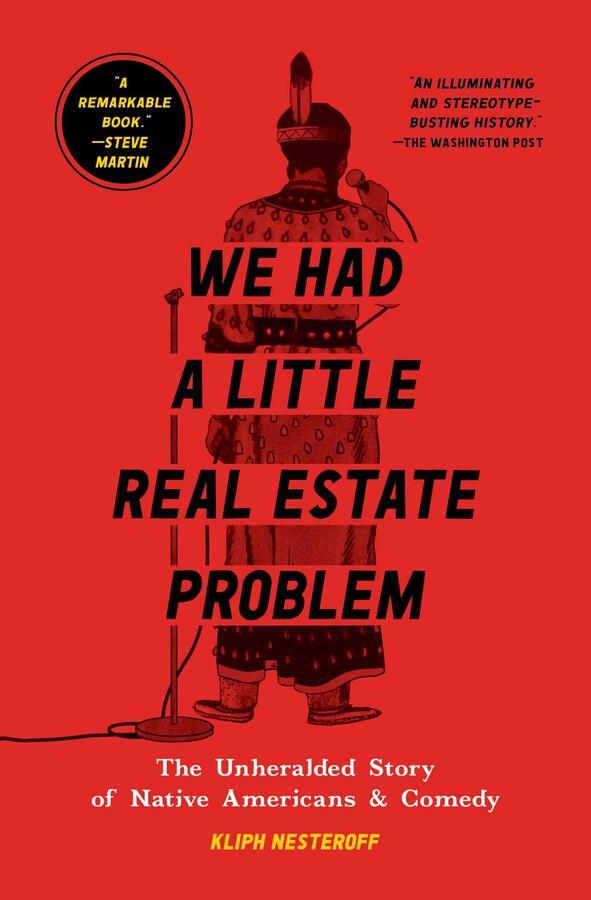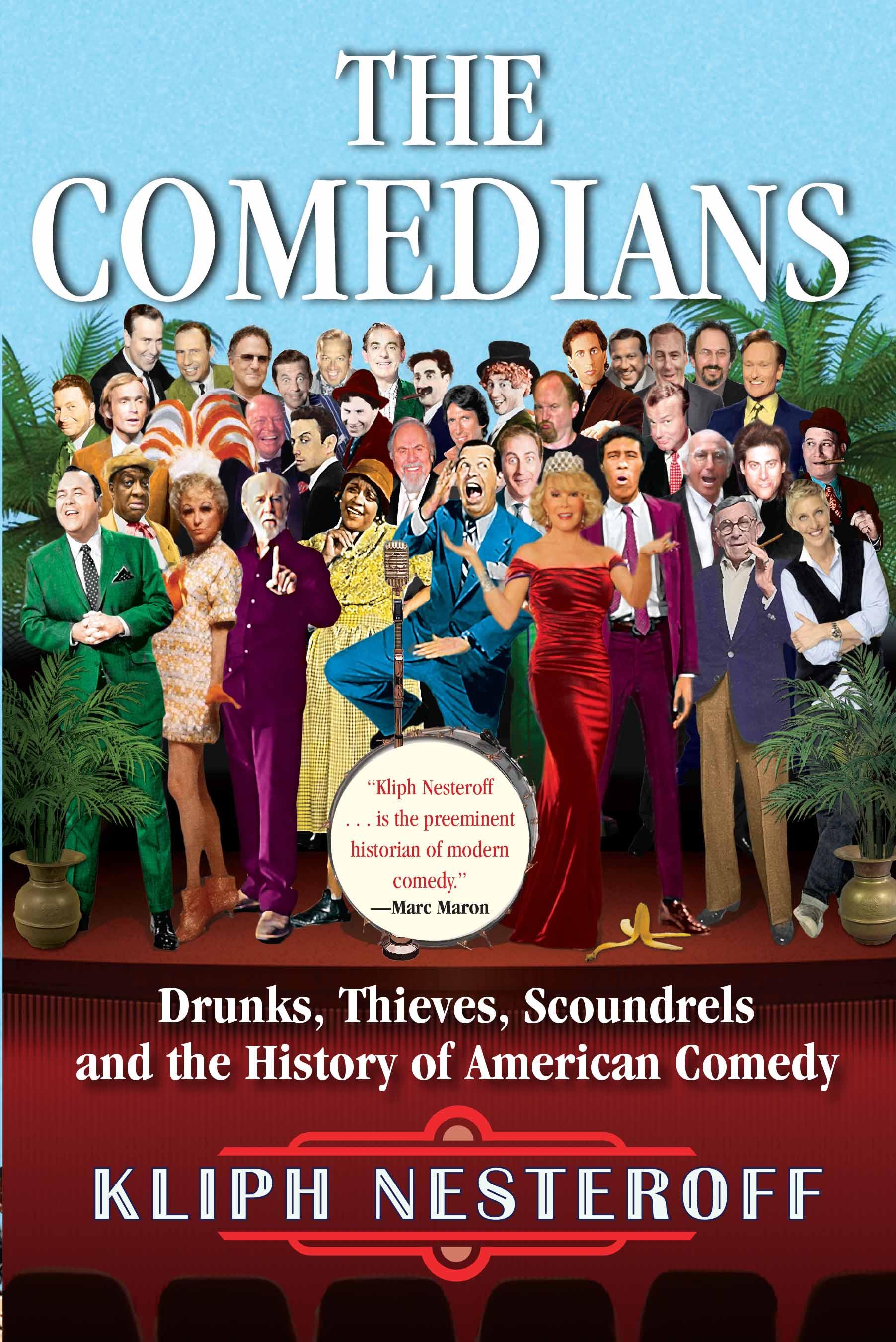In We Had a Little Real Estate Problem, Nesteroff goes back to Native performers from the late nineteenth and early twentieth centuries. Some of them ended up in Wild West shows through an agreement between the government and impresarios like Buffalo Bill; sometimes the choice was to join the company or go to jail. The Office of Indian Affairs placed others in medicine shows, where they provided a backdrop for peddlers of fake Native cures and sometimes did ethnic-comedy sales pitches. The first Native satirist in print was a Muscogee Creek named Alexander Posey, who used the pseudonym Fus Fixico. He wrote a column in Indian dialect for a tribal newspaper in which he made fun of the doings of the federal bureaucracy (a subject Native people know more about, usually, than do non-Natives, because of the tribes’ unique, nation-to-nation relationship with the federal government). For example, Posey mocked the forced anglicization of Native names, saying that a “name like Sitting Bull or Tecumseh was too hard to remember and don’t sound civilized like General Cussed Her.” Between 1902 and 1906 he wrote seventy-two humorous columns as Fixico for the Eufaula Indian Journal, in what’s now Oklahoma. These caught the attention of a promoter, who arranged for him to join a national lecture tour. Before he could, however, Posey/Fixico drowned while crossing a flooded river near his house, and so he did not get a chance to be the first Native American stand-up comedian.
That honor goes indisputably to Will Rogers, a Cherokee whose image now adorns postage stamps, a huge mural overlooking downtown San Bernardino, California, and the airport in Oklahoma City, which is named for him; he has joined Mark Twain in the sparsely populated pantheon of beloved old-time humorists. Nesteroff fills in some details of the Rogers family’s history. Before the Cherokee were driven out of Georgia and North Carolina along the Trail of Tears to Indian Territory, Rogers’s grandfather, Robert, was among the minority of tribal members who took a buyout from the government. This angered the majority who resisted. Like some other Native people in the South, Robert Rogers owned Black slaves. He established a ranch in the Cherokee Nation, in the northeastern corner of what’s now Oklahoma, and prospered. In 1842 he was murdered by Cherokee vigilantes. His son, Clem, Will Rogers’s father, inherited the ranch and the enslaved people, whom he freed provisionally during the Civil War, though he fought for the South.

